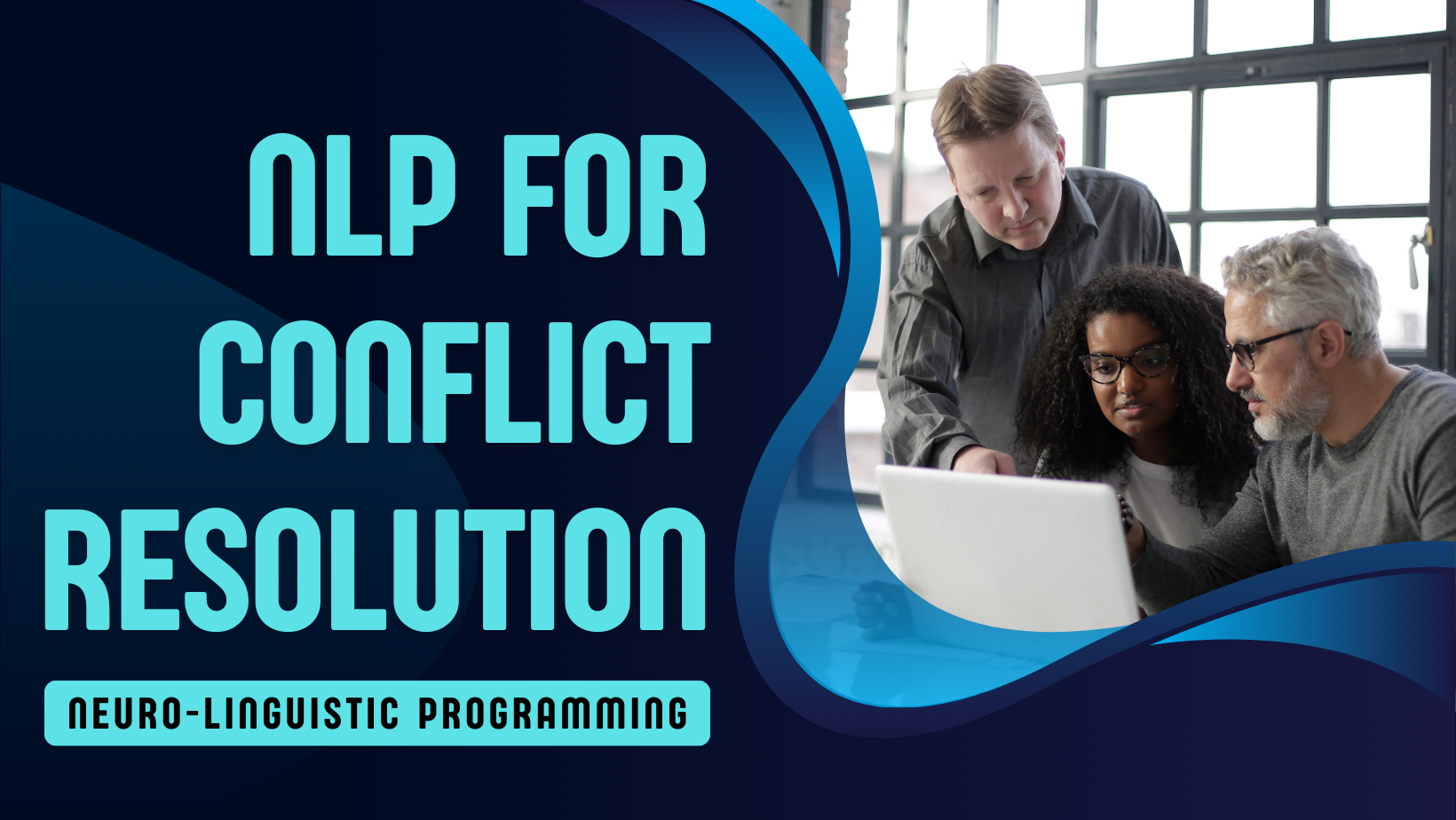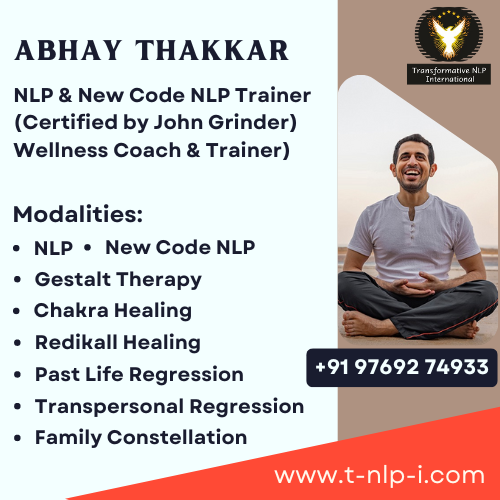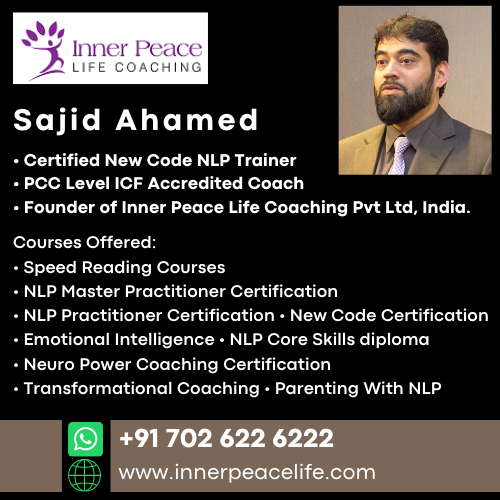Alternative Therapies
- Alternative Medicine
- Access Bars
- Access Body Processes
- Access Consciousness
- Access Energetic Faclift
- Acupressure
- Acupuncture
- Akashic Records
- Ancient Magnetism
- Angel Healing
- Aromatherapy
- Aura Reading
- Ayurveda
- Bach Flower Remedies
- Blueprint Numerology
- Breathwork
- Chakra Healing
- Cosmetic Acupuncture
- Crystal Healing
- Cupping Therapy
- Divine Healing Hands
- Distance Healing
- Emotional Freedom Technique (EFT)
- Energy Healing
- Energy Medicine
- Ergonomics
- Family Constellation
- Face Reading
- Fengshui
- Gaiadon Heart
- Geomancy
- Heal Your Life
- Graphology
- Holistic Solutions
- Holy Fire Reiki
- Homeopathy
- Ho'oponopono
- Humkara with Haleem
- Hypnotherapy
- Inner Child Therapy
- Intuitive Reading
- Jesus Reiki
- Jikiden Reiki
- Jin Shin Jyutsu
- Karuna Reiki
- Karmic Healing
- Lama Fera
- Lenormand Cards
- Light Language Healing
- Law of Attraction
- Manual Therapy
- Matrix Reimprinting
- Metaphor Therapy
- Meditation
- Mediumship
- Melchizedek Method
- Merlin Trinity Healing
- Merkaba Healing
- Money Reiki
- Motivational Counseling
- Mudra Healing
- Nakshatra Energies
- Naturopathy
- Neuro Linguistic Programming (NLP)
- Numerology
- NumeroVastu
- Oracle Cards
- Panchakarma (Ayurveda)
- Panchkarma Holistic Healing - Mind Control
- Past Life Regression
- Pendulum Dowsing
- Physiotherapy
- Pranic Healing
- Pranic Psychotherapy
- Pythagorean Numerology
- Quantum Touch Healing
- Pyramids
- Redikall Healing
- Reiki
- Rudraksh
- Runes
- Soul Plan Reading
- Sound Healing
- Star Magic Healing
- Space Clearing
- Sujok therapy
- Tarot
- Theta Healing
- Twin Flame Healing
- Twin Hearts Meditation
- Unani Medicine
- Yoga
- Wicca
- Womb Healing
Diseases & Conditions
- Acne & Pimples
- Allergies
- Arthritis
- Asthma
- Behavioural Disorders
- Cancer
- Dandruff
- Diabetes
- Emotional Problems
- Gallstones
- Gastritis
- Hairloss
- Heart Diseases
- Hormonal Problems
- Hypertension
- Immune Disorders
- Infections
- Infertility
- Jaundice
- Kidney Disorders
- Liver Disorders
- Menstrual Disorders
- Migraine
- Neck & Back Pain
- Obesity
- Osteoporosis
- Peptic Ulcer
- Prevention
- Prostate Problems
- Psoriasis
- Sexual Dysfunctions
- Sinusitis
- Sleep Disorders
- Skin Diseases
- Stress
- Thyroid Disorders
- Ulcerative Colitis
- Urinary Infections
General Wellness
NLP For Conflict Resolution - Vile Parle
Abhay Thakkar

Abhay Thakkar is the first NLP trainer from India to provide New Code NLP as well as NLP training courses in India, certified by co-creator of NLP and co-developers of New Code NLP. He facilitates Internationally Certified New Code NLP/ NLP courses in Vile Parle, Delhi, Bangalore and others cities in India and abroad...

Sajid Ahamed

Sajid Ahamed is a "Certified trainer of NLP" and Founder of Inner Peace Life Coaching Pvt Ltd, India. He organizes Grinder approved training in India and the Middle East. He is a firm believer in high performance.

NLP For Conflict Resolution

Neuro-Linguistic Programming (NLP) For Conflict Resolution
Neuro-Linguistic Programming (NLP) offers several techniques that can be very effective in conflict resolution by focusing on communication, empathy, and understanding the perspectives of others. Here are some ways NLP can be applied:
Building Rapport: NLP emphasizes building rapport as a foundational element. By mirroring body language, tone of voice, and language patterns (matching and mirroring), individuals can establish trust and openness, which are crucial for resolving conflicts.
Understanding Perspectives: NLP encourages practitioners to adopt different perceptual positions: their own, that of the other person, and a neutral observer. This technique helps individuals see the conflict from multiple viewpoints, fostering empathy and understanding.
Effective Communication: NLP techniques such as pacing and leading can be used to establish communication that is clear and non-confrontational. Pacing involves aligning with the current state or viewpoint of the other person, while leading involves gently guiding towards a more positive or constructive conversation.
Anchoring: This technique involves associating certain emotions or states with specific triggers. In conflict resolution, anchoring positive emotions or calmness can help manage emotions and steer conversations towards resolution.
Reframing: NLP reframing techniques help individuals reinterpret situations or statements in a more positive or constructive light. This can help de-escalate conflicts by shifting perspectives and focusing on solutions rather than problems.
Meta-Model: NLP's meta-model provides a framework for clarifying communication by challenging distortions, deletions, and generalizations in language. By asking specific questions to fill in missing information or challenge assumptions, individuals can achieve clearer communication and deeper understanding during conflicts.
Outcome-Oriented Thinking: NLP encourages individuals to focus on desired outcomes rather than getting caught up in past grievances or conflicts. This forward-looking approach helps in finding common ground and working towards mutually beneficial solutions.
Flexibility in Behavior: Through NLP techniques like the "swish pattern" or "parts integration," individuals can resolve internal conflicts and increase personal flexibility in responding to external conflicts more effectively.
Applying these NLP techniques requires practice and adaptation to specific situations. The goal is not manipulation but rather fostering genuine understanding, empathy, and constructive dialogue to resolve conflicts and build stronger relationships.




